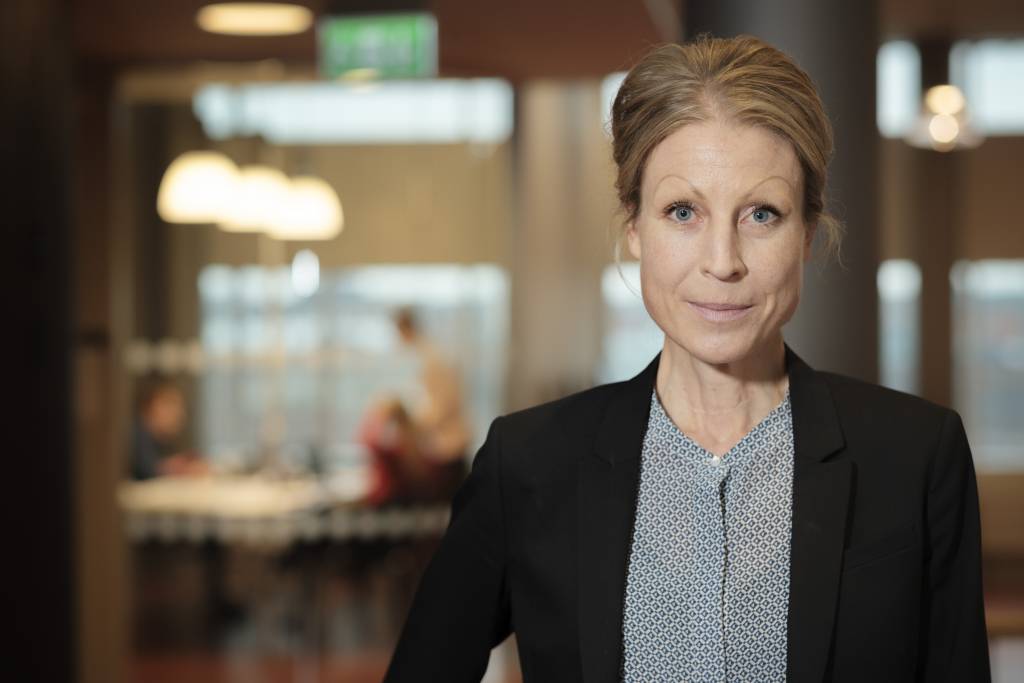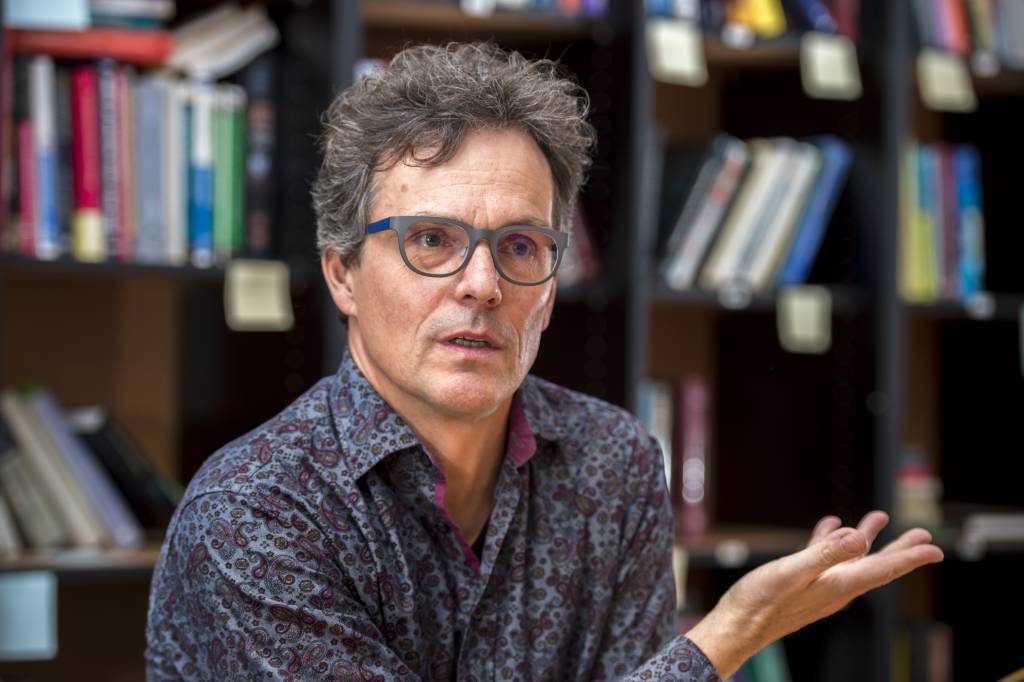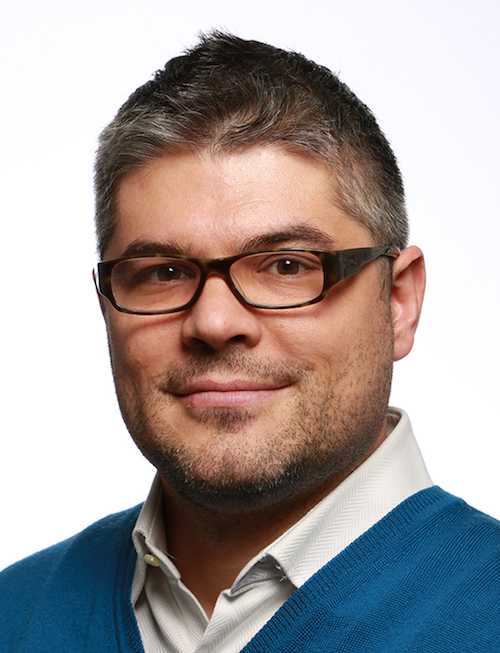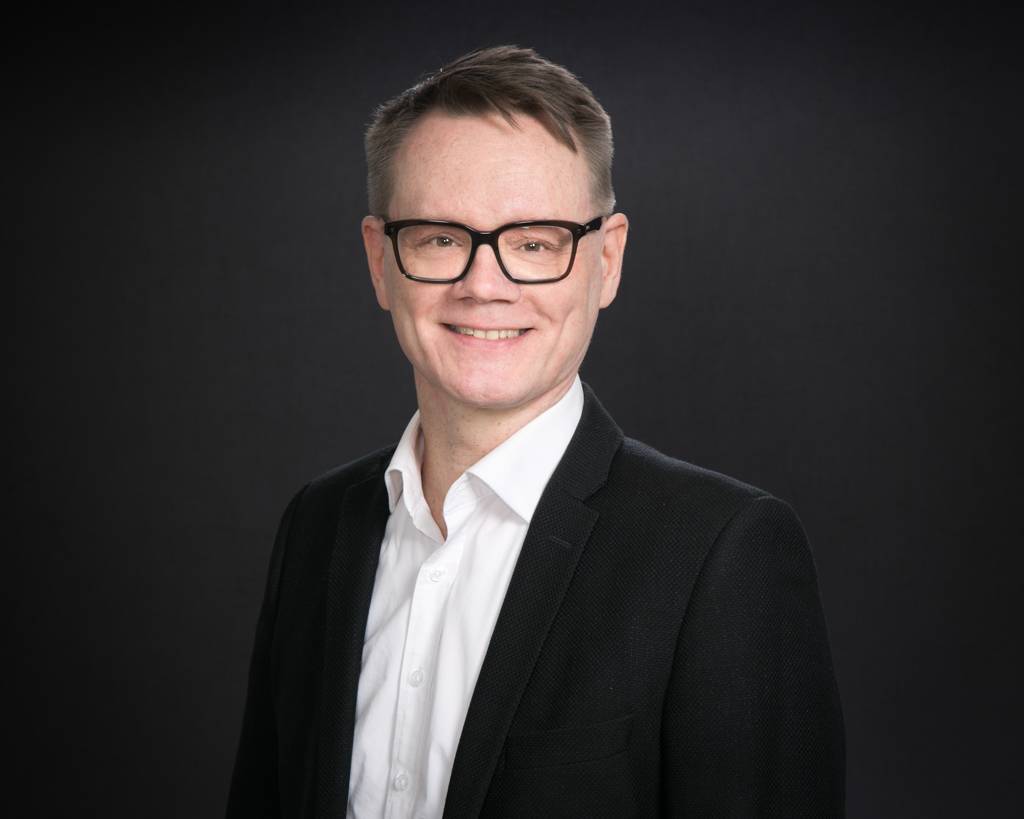Speakers
Monday 20.6.

Helena Holmström Olsson
Helena Holmström Olsson is a Professor in Computer Science at the Department of Computer Science and Media Technology at Malmö University, Sweden, and a senior researcher in Software Center (https://www.software-center.se). She received her Ph.D. in Informatics from University of Gothenburg in 2004 and did her Post doc in LERO (‘The Irish Software Research Center’) at University of Limerick, Ireland. Her research is conducted in close collaboration with industry and primarily with software-intensive companies in the embedded systems domain. Her research interests include engineering aspects of AI systems, data driven development practices, data management, digital transformation and software and business ecosystems. Her research is published in e.g. Journal of Software Maintenance and Evolution, IEEE Software, Information and Software Technology, International Conference on Software Engineering (ICSE), Software Engineering Advanced Applications (SEAA), International Conference on the Quality of Information and Communications Technology (QUATIC), Asia-Pacific Software Engineering Conference (APSEC). In addition, she has published in Information Systems venues such as e.g., MIS Quarterly, Information Systems Management and International Conference on Information Systems (ICIS). Helena is a fellow member of the International Software Product Management Association (ISPMA) and a board member of Malmö University, Sweden. Contact: helena.holmstrom.olsson@mau.se

Torsten Schaub
Torsten Schaub received his diploma and dissertation in informatics in 1990 and 1992, respectively, from the Technical University of Darmstadt, Germany, and his habilitation in informatics in 1995 from the University of Rennes I, France. From 1990 to 1993 he was a research assistant at the Technical University at Darmstadt. From 1993 to 1995, he was a research associate at IRISA/INRIA at Rennes. In 1995 he became University Professor at the University of Angers. Since 1997, he is University Professor for knowledge processing and information systems at the University of Potsdam. From 2014 to 2019, Torsten Schaub held an Inria International Chair at Inria Rennes – Bretagne Atlantique. Torsten Schaub has become a fellow of the European Association for Artificial Intelligence EurAI in 2012. From 2014 to 2019 he served as President of the Association of Logic Programming and was program (co-)chair of LPNMR’09, ICLP’10, and ECAI’14. The research interests of Torsten Schaub range from the theoretic foundations to the practical implementation of reasoning from incomplete, inconsistent, and evolving information. His particular research focus lies on Answer set programming and materializes at potassco.org, the home of the open source project Potassco bundling software for Answer Set Programming developed at the University of Potsdam.
Reino Kurki-Suonio
Reino Kurki-Suonio, who we used to call ”Reiska”, started 1965 as the first computer science professor in Northern Europe. Before academic career he had already collected industrial experience on software development – not very common in early 60’s. One of the first hackers (in the original meaning of the word).
Tuesday 21.6.

Davide Taibi
Davide Taibi is Associate Professor at the Tampere University where he leads the Cloud and Web Engineering Group (www.cloudsea.ai). His research is mainly focused on Empirical Software Engineering applied to cloud-native systems, with a special focus on the migration from monolithic to cloud-native applications. He is investigating processes, and techniques for developing Cloud Native applications, identifying cloud-native specific patterns and anti-patterns. He is a member of the International Software Engineering Network (ISERN) since 2018. Before moving to Finland, he has been Assistant Professor at the Free University of Bozen/Bolzano (2015-2017), post-doctoral research fellow at the Technical University of Kaiserslautern and Fraunhofer Institute for Experimental Software Engineering – IESE (2013-2014) and research fellow at the University of Insubria (2007-2011).

Heikki Huttunen
Dr. Heikki Huttunen is currently the chief technical officer at Visy Oy, and leads the AI development at the company. The products are based on an in-house AI engine and used worldwide for various detection, classification and optical character recognition (OCR) tasks in international ports and terminals. He received his doctoral degree from Tampere University of Technology in 1999, and served in various positions in the academia; most recently as an associate professor of signal processing and machine learning at Tampere University until the year 2020. During his academic career he authored over 100 scientific articles. His research interests include deep learning for detection, text spotting, scene text recognition and semantic segmentation.

Klaus Förger
Klaus Förger, D.Sc. (Tech.), is a senior software designer at Atostek (https://atostek.com/). He works on automatic utilization and processing of health information, for example by means of machine learning. His work also includes software development related to automated lift trucks. In particular, he wants to ensure that an individual can use and understand complex information systems containing large amounts of data.
Förger received his doctoral degree from Aalto University in 2015. His dissertation focused on digitally recorded human motion and synthesis of motion styles and emotional expressions that can be perceived from the motions. The research theme continued after his dissertation in the Social eMotions project (https://wiki.aalto.fi/display/socem). In addition, Förger performed data analysis as a research engineer in the Paris 8 University project (https://labodanse.org/ici/). He has also worked as an entrepreneur and developed an Android-based system (https://www.forger.fi/fsensync/) for sensor-based research of improvisation with mobile devices in a non-laboratory research environment.

Javier Romero
Javier Romero is a researcher at the University of Potsdam, Germany.
He received a M. Sc. in Computer Science from the University of
Corunna in 2006, and in Philosophy from the University of Santiago de
Compostela in 2008, both in Spain. His research interests are
knowledge representation and logic programming, and his research
focuses in different extensions of Answer set programming (ASP). He is
a member of the open source project potassco.org of ASP tools
developed at Potsdam, and a collaborator of the spin-off company
Potassco Solutions.
